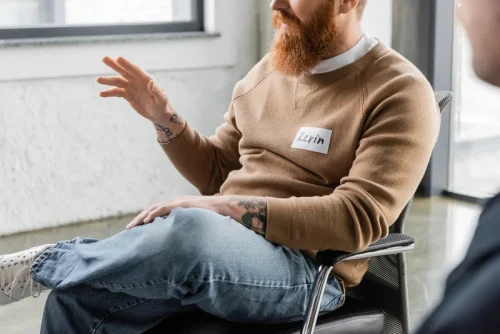
These techniques allow individuals to externalize internal experiences, making them more tangible and easier to process. Painting and drawing are common forms of art therapy that can be used to achieve these benefits. We remain with our patients for life through programs such as our alumni group. To learn more about our specialized and personalized treatment options, please contact us today. The world of mental healthcare and counseling uses various terminologies to describe treatments, mental health conditions, and more. One such common phrase is ‘level of care,’ which signifies the extent of services a patient needs.
- Using art as a healing tool allows individuals to uncover emotions that may have been buried for years.
- This therapeutic approach has roots that stretch back to the mid-20th century, when pioneers in the field began to recognize the profound impact that artistic creation could have on mental health and well-being.
- Since drawings and paintings have been historically recognized as a useful part of therapeutic processes in art therapy, we focused on studies of art therapy which mainly includes painting and drawing as media.
- Art therapy serves as an integral role not only in processing emotions but also in fostering resilience through improved adaptive mechanisms.
- Overall, art painting therapy permits patients to express themselves in a manner acceptable to the inside and outside culture, thereby diminishing depressed and anxiety symptoms.
Biofeedback Therapy: Techniques, Benefits, and Effective Treatments
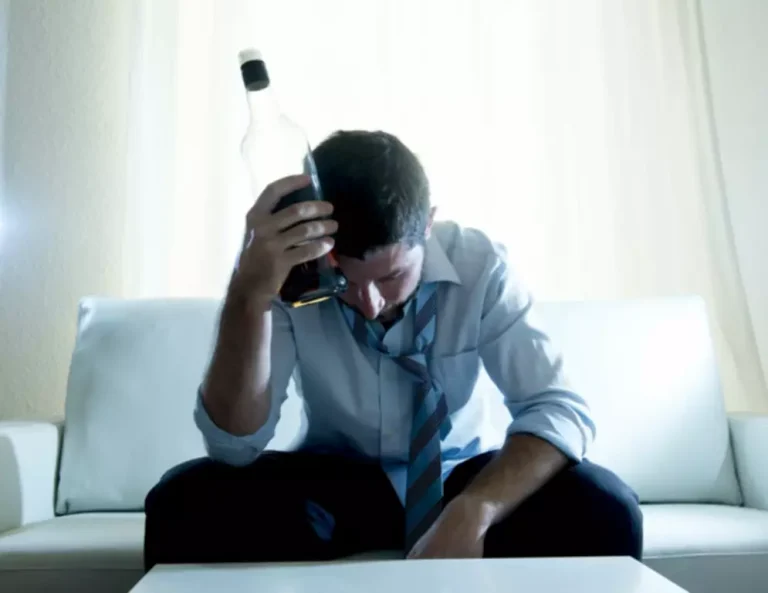
This multi-sensory experience can evoke deep emotions and memories, facilitating a more comprehensive healing process. Imagine painting to the rhythm of a favorite song or creating a visual representation of a meaningful lyric – these exercises can unlock profound insights and emotional release. Whether you are struggling with substance abuse, a mental disorder or both, our team of experts can help you get your life back on track. For over 50 years, the Gateway Foundation has been serving patients at all stages of recovery by offering evidence-based and individualized treatment programs. This comprehensive course will equip you with the skills and knowledge needed to effectively use art therapy in various settings, including addiction recovery.
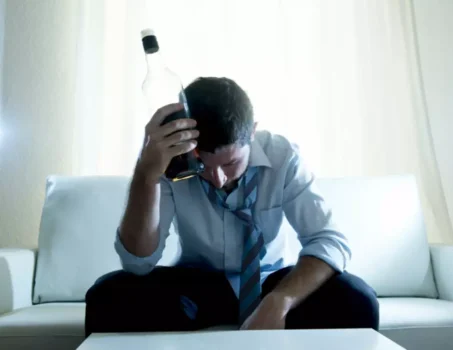
Art Therapy Techniques for Eating Disorders: A Path to Healing and Recovery
Collaborative murals, group sculptures, or even community art installations can foster a sense of connection and shared purpose among individuals in recovery. These projects not only provide a creative outlet but also help build social skills and a sense of community. The use of artistic methods to treat psychological disorders and enhance mental health is known as art therapy. Art therapy is a technique rooted in the idea that creative expression can foster healing and mental well-being. Participants with grief noticed an improvement in cognitive and emotional coping.
What Is Art Therapy for Drug Addiction?
Integrating art therapy methodology in brief inpatient substance abuse treatment for adults. For instance, warm colors like red and orange might represent the intensity of addiction or the passion for recovery. The process of selecting and working with colors can provide valuable insights into an individual’s emotional state and progress in recovery. Art therapy can be beneficial at all stages of the recovery journey, but the specific https://ecosoberhouse.com/ approaches may vary depending on where an individual is in their process.
Therapeutic Outcomes of Art Therapy
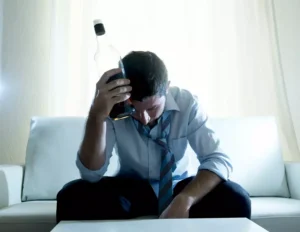
Sessions may be structured or open-ended, allowing clients to explore freely or work on specific themes. Regular art therapy sessions help individuals develop Sober living house a deeper understanding of their emotional patterns. This self-awareness is key to identifying early warning signs of potential relapse. Patients engage in guided art projects designed to address specific recovery goals.
Types of art therapy exercises include:

There is a growing interest in birth stories, and we believe that exploring these might benefit developing healthcare practitioners and the patients they serve. Group discussions and sharing sessions allow participants to express their thoughts, feelings, and experiences in a supportive group setting. Role-playing exercises are an effective way for group members to practice and improve their coping skills in a safe and supportive environment. Creating art requires focus, which naturally draws attention to the present moment. This practice can be beneficial for those in recovery who struggle with endless thoughts or regrets. By concentrating on the act of creating, individuals can find a sense of calm and internal balance.
Identify and Address Co-occurring Mental Health Disorders
- Let’s see how this approach transforms healing into a journey of self-expression and personal growth.
- Participants with depression notice improved self-image and a stronger sense of self-esteem after art therapy sessions.
- This process can help uncover subconscious thoughts and feelings, providing valuable insights for recovery.
- They help interpret the artwork and facilitate discussions about the emotions and insights revealed through the creative process.
- Overcoming this resistance often involves emphasizing the process over the product and creating a non-judgmental atmosphere where all forms of expression are valued.
- As participants sift through magazines and photographs, they often uncover hidden aspects of themselves, leading to profound insights and self-discovery.
- This dual expertise allows them to guide clients through the creative process while addressing underlying psychological issues.
This process can help uncover underlying issues fueling addictive behaviors. The routine inclusion of art therapy sessions offers those on the path to recovery valuable tools like relaxation practices and deep breathing exercises. Art is designed to augment additional treatments including talk therapies, medication regimens, and participation in support groups. Such synergy ensures that participants receive comprehensive aid tailored for their unique needs throughout each step of their road to recovery – embodying true holistic care. Art therapy is designed to complement other recovery services like talk therapy, medication management, and support groups.
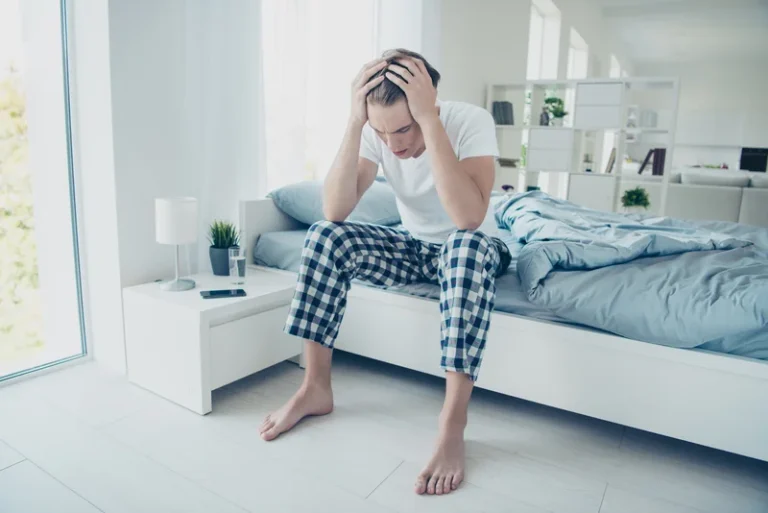
Need Help with Mental Health?
Engaging activities can include art therapy, music therapy, or guided meditation. Encouraging peer support and accountability in group therapy for addiction can create a powerful sense of community, motivation, and progress. By encouraging group members to articulate their reasons for change, therapists can help cultivate a sense of ownership and commitment to the recovery process. Group therapy sessions can incorporate mindfulness exercises, deep breathing, and progressive muscle relaxation to help members stay present and cope with difficult emotions. Group therapy for addiction can be significantly more effective when evidence-based therapeutic techniques are utilized. Throughout the group therapy sessions, it art therapy activities for addiction recovery is crucial to monitor the progress of each participant towards their goals.
